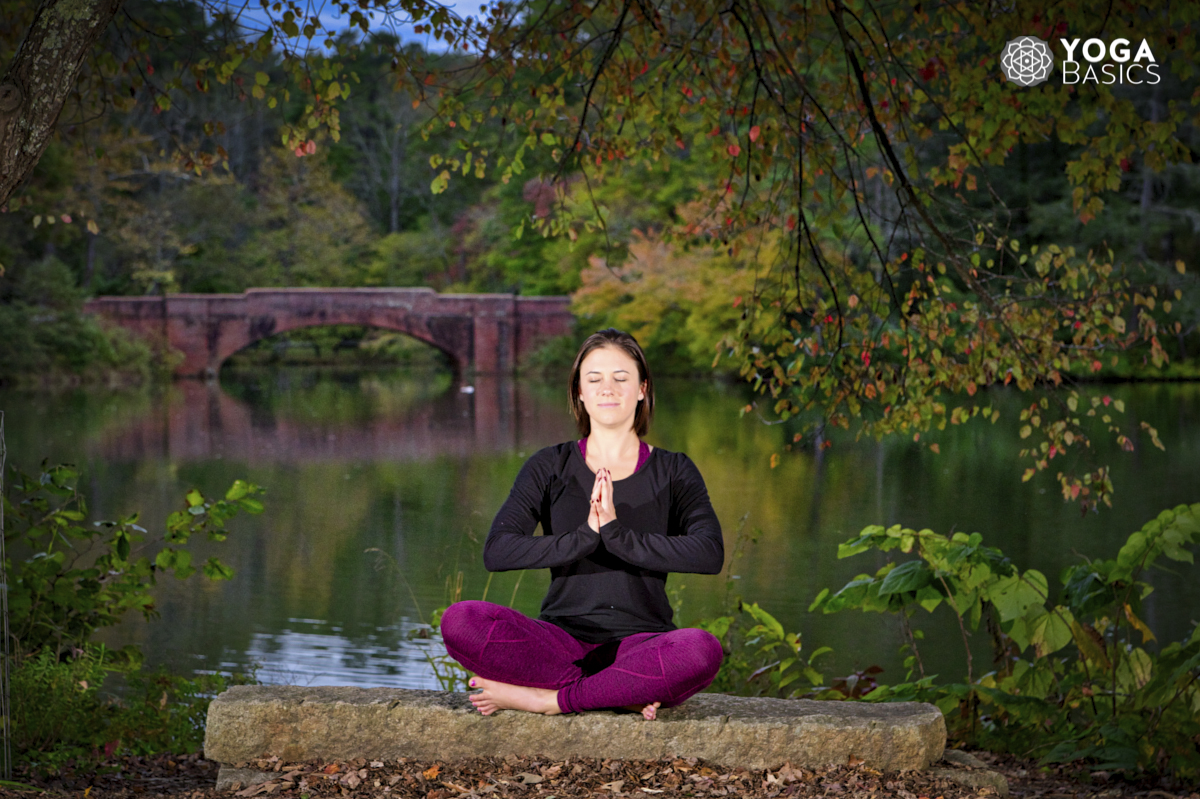To control and modify the aging process on our body, mind, and spirit has fascinated humans since the dawn of civilization. It is the source of myths and the realm of science fiction—yet a new medical study shows that the answer may lie within. Minimizing the body’s aging process may be as simple as the everyday practice of the Buddhist technique of Metta, or loving-kindness meditation.
At least three studies conducted since 2014 provide solid scientific evidence that mindfulness and meditation positively impact and/or diminish cellular aging. These studies were published respectively in Psychoneuroendocrinology, Volume 108, October 2019, pp. 20-27; Cancer, on November 3, 2014; and in Brain, Behavior, and Immunity. To quantify whether meditation impacted cellular aging, the scientists for each study chose telomere length as the quantifiable base. Telomeres are nucleoprotein complexes that act like protective nail polish to the ends of our chromosomes. These telomere caps shorten each time a cell replicates (divides) during the aging process. If the rate at which telomeres divide was slowed, then a positive impact on cellular aging had occurred.
The most interesting and recent of these three was a scientific study of 176 survivors of breast cancer conducted by scientists at the University of North Carolina. They compared the effect of two different meditation practices—mindfulness vs. loving-kindness—on cellular aging. The study met rigorous control standards. Blood samples were collected from the breast cancer survivors two weeks before the study began and three weeks after it ended. The mental history of participants was carefully screened. All participants were novices in the practice of meditation.
The participants in the mindfulness group spent one hour a day, once a week, exploring the sensations and feelings of their inner body by focusing their breath and thoughts in a non-judgmental manner. The loving-kindness group also met once a week, for one hour, but this group directed their thoughts lovingly toward themselves, their bodies, their families and loved ones using the Metta meditation techniques. Both meditation group participants were also given 20-minute audio-recorded practices to use daily. The control group did neither practice.
The goal of the study was to assess changes in telomere length for each of the groups for the 12-week period. All groups experienced attrition in telomere length, but those who practiced loving-kindness experienced the least shortening. The mindfulness meditators came in second, and the control group last. “Whereas participants in the mindfulness group, on average, showed significant telomere shortening over time, those changes were intermediate between the loving-kindness meditation and waitlist control groups,” the researchers noted.
This study, combined with the 2018 study in Brain, Behavior and Immunity, which discovered that the length of telomeres actually increased after three weeks of meditation, encourages all yogis to strengthen their practice. “Chronological age and biological age are not identical. The former is measured in years, whereas the latter is often indexed by telomere length,” the authors of the new study explained. “Telomeres progressively shorten with cell division (i.e., aging) in general, but may also be replenished, or lengthened, by the enzyme telomerase.” Scientific proof now exists regarding the positive impact of meditation at the cellular level.
Whether it is Mahatma Gandhi or Tao Porchon-Lynch, a 100-year-old yogi who auditioned ballroom dancing at age 88 on America’s Got Talent, yogis intrigue us. Yogis are individuals who appear to live long lives and are mentally, emotionally and physically healthy well into advanced age. While these recent scientific studies confirm the youthful powers that you can attain through yoga and meditation, you need not be a dedicated yogi to increase your longevity, as well as to find peace of mind.


















Leave a Reply